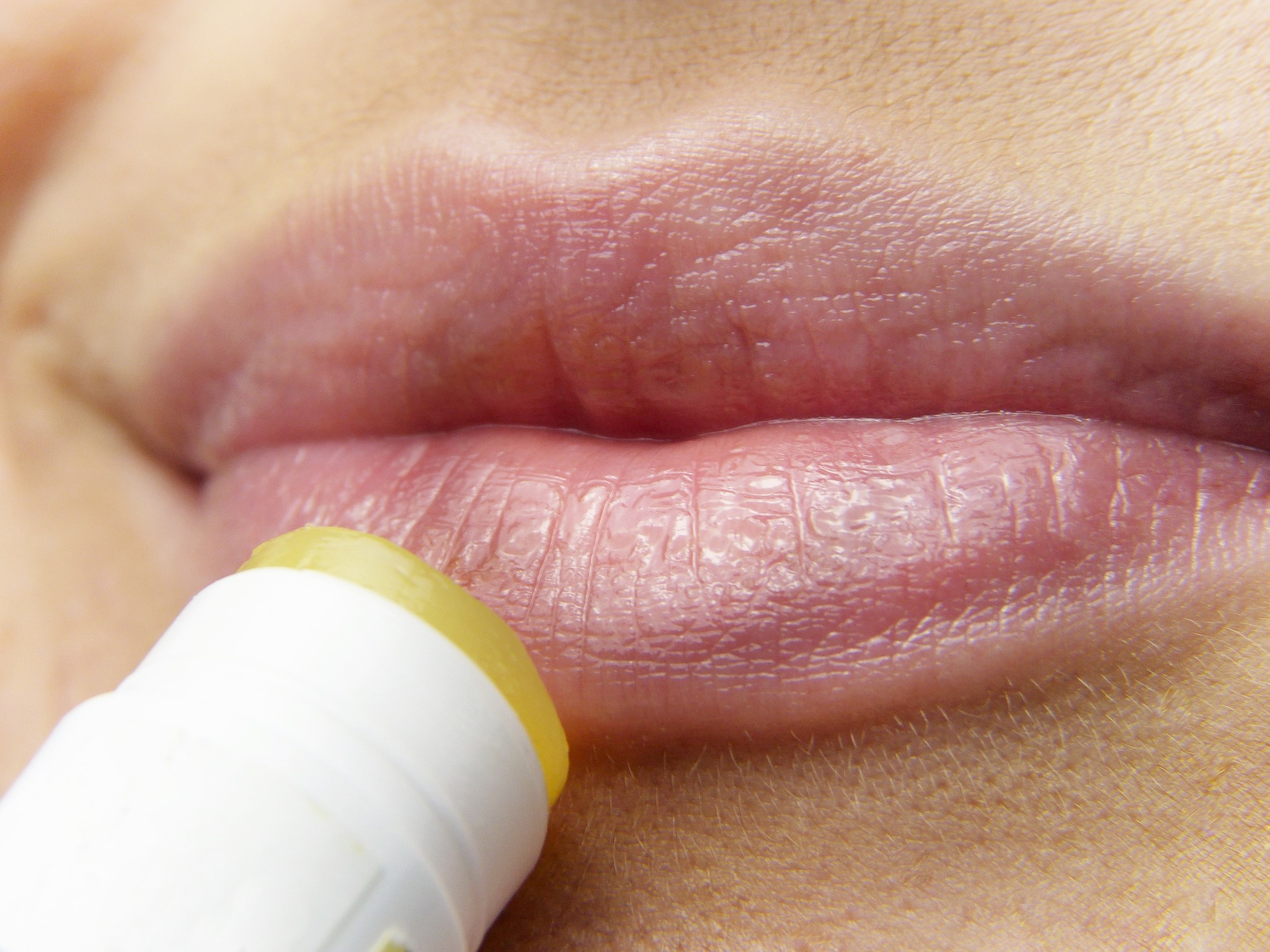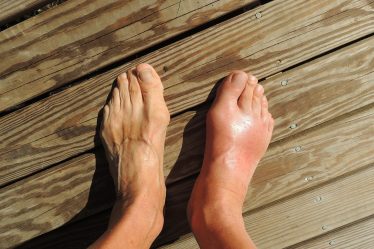
Introduction
Herpes is a prevalent viral infection caused by the herpes simplex virus (HSV). Two main types of HSV exist: HSV-1, typically linked to oral herpes, which results in cold sores or fever blisters around the mouth, and HSV-2, commonly associated with genital herpes, leading to sores or blisters around the genitals. While a herpes cure remains elusive, antiviral medications can assist in symptom management and reducing outbreak frequency.
DNA Polymerase: The Key to Herpes Replication
Like all viruses, HSV requires a host cell to replicate. Once the virus enters a host cell, it hijacks the cell’s machinery to make copies of its genetic material. Herpes simplex viruses are unique in that they encode their own DNA polymerase enzyme, which is necessary for viral replication. DNA polymerase is responsible for making copies of the virus’s genetic material, which allows it to produce new viral particles and spread to other cells.
Nerve Cells: The Site of Latent Infection
One of the most interesting features of herpes simplex viruses is their ability to establish a latent infection in nerve cells. After an initial outbreak, the virus can remain dormant in nerve cells for extended periods of time, even when no symptoms are present. When the virus becomes active, it can cause recurring outbreaks of painful sores or blisters.
The ability of herpes simplex viruses to remain latent in nerve cells is thought to be due, in part, to the fact that nerve cells have a reduced immune response compared to other types of cells. Additionally, the virus is able to evade the immune system by hiding in nerve cells, making it difficult for the body to completely eliminate the virus from the body.
Cytokines: The Immune Response to Herpes
When the herpes simplex virus infects cells, it triggers an immune response that involves the release of cytokines. Cytokines are signaling molecules that play an important role in the body’s immune response. They help to recruit other immune cells to the site of infection, and can also help to activate infected cells to produce antiviral proteins that can help to limit the spread of the virus.
However, herpes simplex viruses have evolved mechanisms to evade the immune system and manipulate the cytokine response. For example, the virus can inhibit the production of interferons, which are antiviral proteins that help to limit the spread of the virus within the body.
Herbal Treatment
More detailed info on herbs here. Herbal recipes here.
Some commonly recommended herbal remedies for herpes include tea tree oil, lemon balm, and aloe vera. Tea tree oil is thought to have antiviral and anti-inflammatory properties, and may be applied topically to help reduce the symptoms of herpes outbreaks. Lemon balm, also known as Melissa officinalis, is another herb that is often used to treat herpes. It has been shown to have antiviral activity against the herpes simplex virus, and may be applied topically or taken orally as a supplement. Aloe vera is another plant that is often recommended for its soothing properties. It may help to reduce inflammation and promote healing of herpes sores when applied topically. While these herbs may provide some relief for people with herpes, it’s important to keep in mind that they are not a substitute for medical treatment, and may not be effective for everyone.
Conclusion
Herpes is a widespread viral infection that affects millions globally. While a herpes cure remains elusive, antiviral medications can assist in symptom management and outbreak reduction. Herpes simplex viruses employ mechanisms to evade the immune system and manipulate cytokine responses, making a cure elusive. Nevertheless, ongoing research into virus replication and immune evasion may lead to new treatments for this common infection.





